SOLARIS (1972). Tarkovsky’s adaptation of Stanislaw Lem
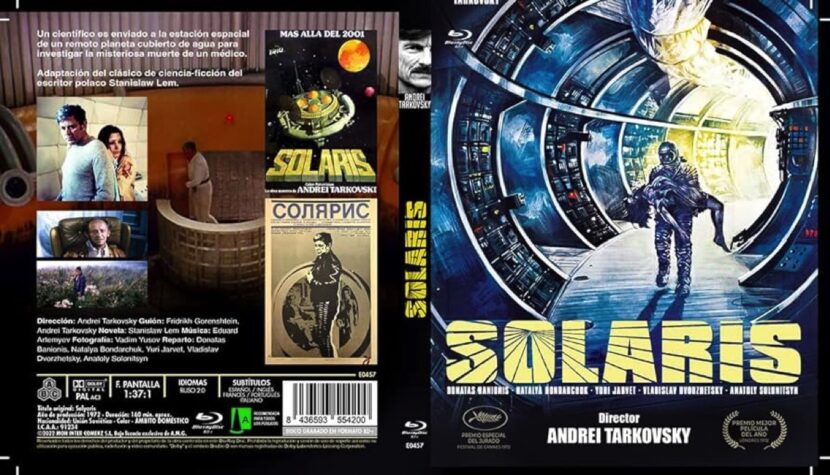
This happened because Lem didn’t like the vision of the Soviet director. As he claimed – Tarkovsky didn’t shoot Solaris, but Crime and Punishment. Many years later, when the American adaptation starring George Clooney was made, the Polish writer stated that he definitely prefers it over the Soviet version, although he noted that none of the directors who took on the novel managed to convey his ideas to the audience.
I’m a fan of both Lem and Tarkovsky. The Pole was undoubtedly right – Tarkovsky’s Solaris, unlike the novel, emphasizes the psychological life of the characters, whereas in the book, the ocean is definitely the most important. The difference in approach to the subject is therefore clearly visible – while Lem’s work is a classic example of science fiction, its Russian adaptation is more of a psychological drama.
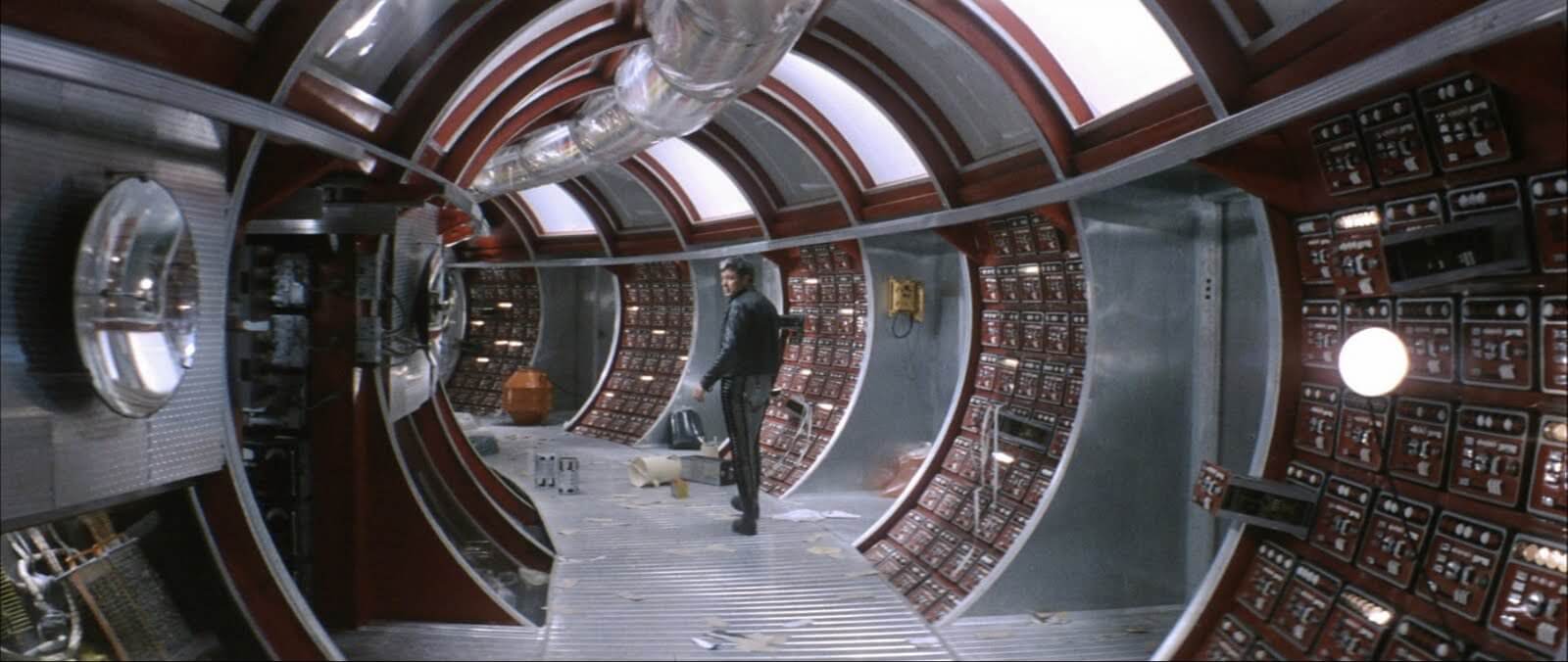
Nevertheless, I definitely prefer Tarkovsky’s version over Soderbergh’s (although I must point out that I don’t consider the latter a weak film either). Primarily because of the characteristic mood, depth, and symbolism typical of the Russian director, which allows for multiple interpretations of the work. Depending on how we treat it – whether we see it as a standalone piece, an adaptation of the book, or a part of the overall picture of the Russian’s oeuvre – it can turn out to be a completely different film. Moreover, it seems to me that Tarkovsky somewhat adhered more closely to the content of the book, so despite the shifting of accents (which also occurred in the American version) – his adaptation is slightly more faithful.
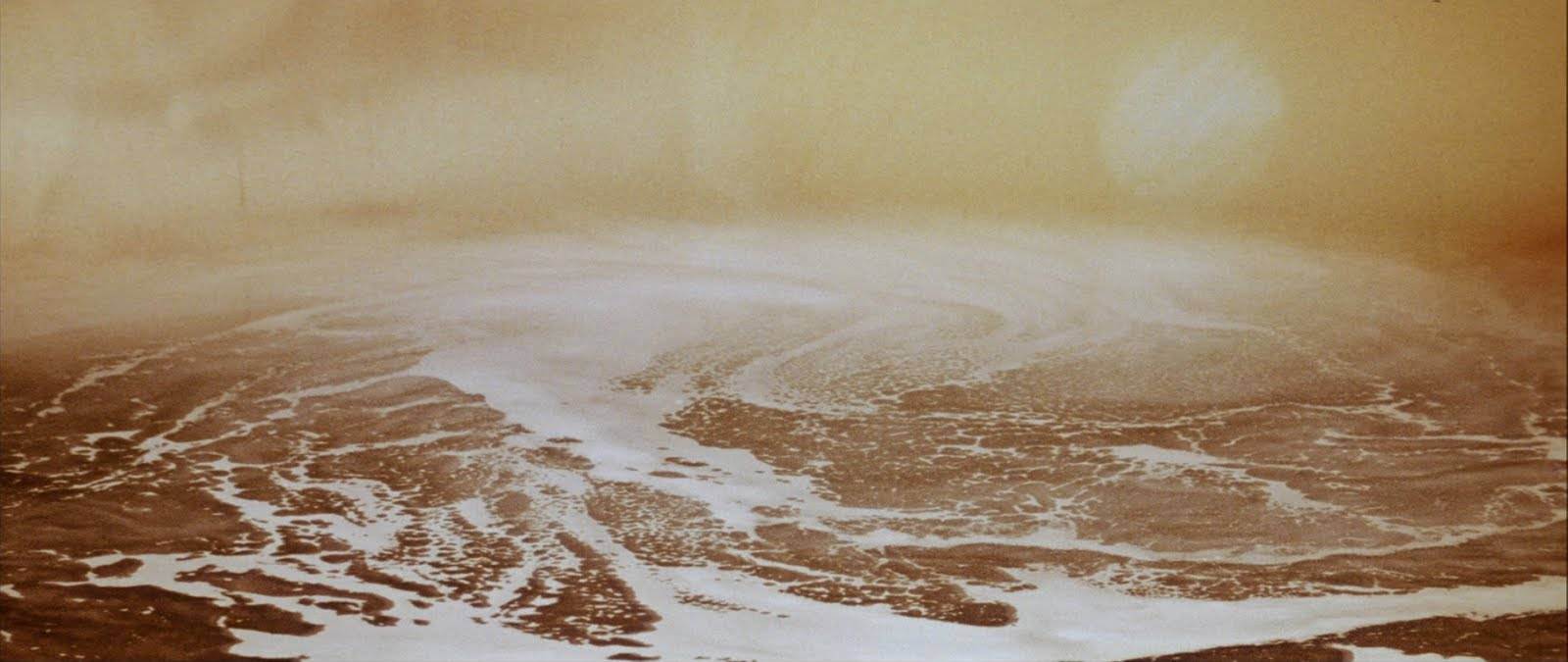
In the film, we once again encounter motifs that appear in practically every film directed by Tarkovsky – river plants moved by the force of the current, rain falling indoors, presumably to underline the mood of the scene, and the main character who seems to know and see more than the other characters in the script, yet no one can understand him, which completely deprives him of real influence on the events. Additionally, in Solaris, we again see a character who is hard not to interpret as a portrayal of the director’s own mother. Thus, Lem’s novel becomes a pretext for psychological self-analysis, constituting the essence of all of Tarkovsky’s works. In Solaris, we also have for the first time the designation of the main character through graying. In my opinion, this is a clear indication that the Soviet director identified himself with both Kris Kelvin and other characters marked in this way (such as Stalker or Gorczakow from Nostalgia).
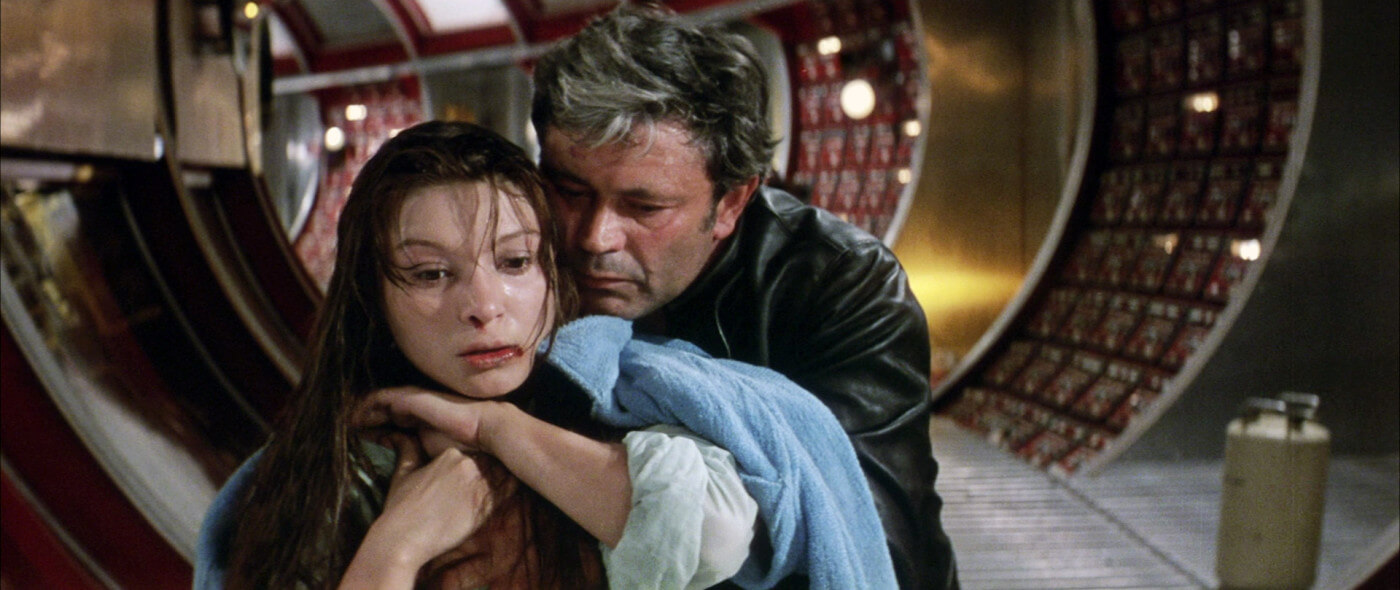
In Solaris, we also find several brilliant, painterly moments that alone are reason enough to familiarize oneself with this work. Take, for example, what happens on the screen when Barton drives through the city alone in a car, or during the levitation scene – thanks to such moments, every Tarkovsky film is a veritable aesthetic feast.
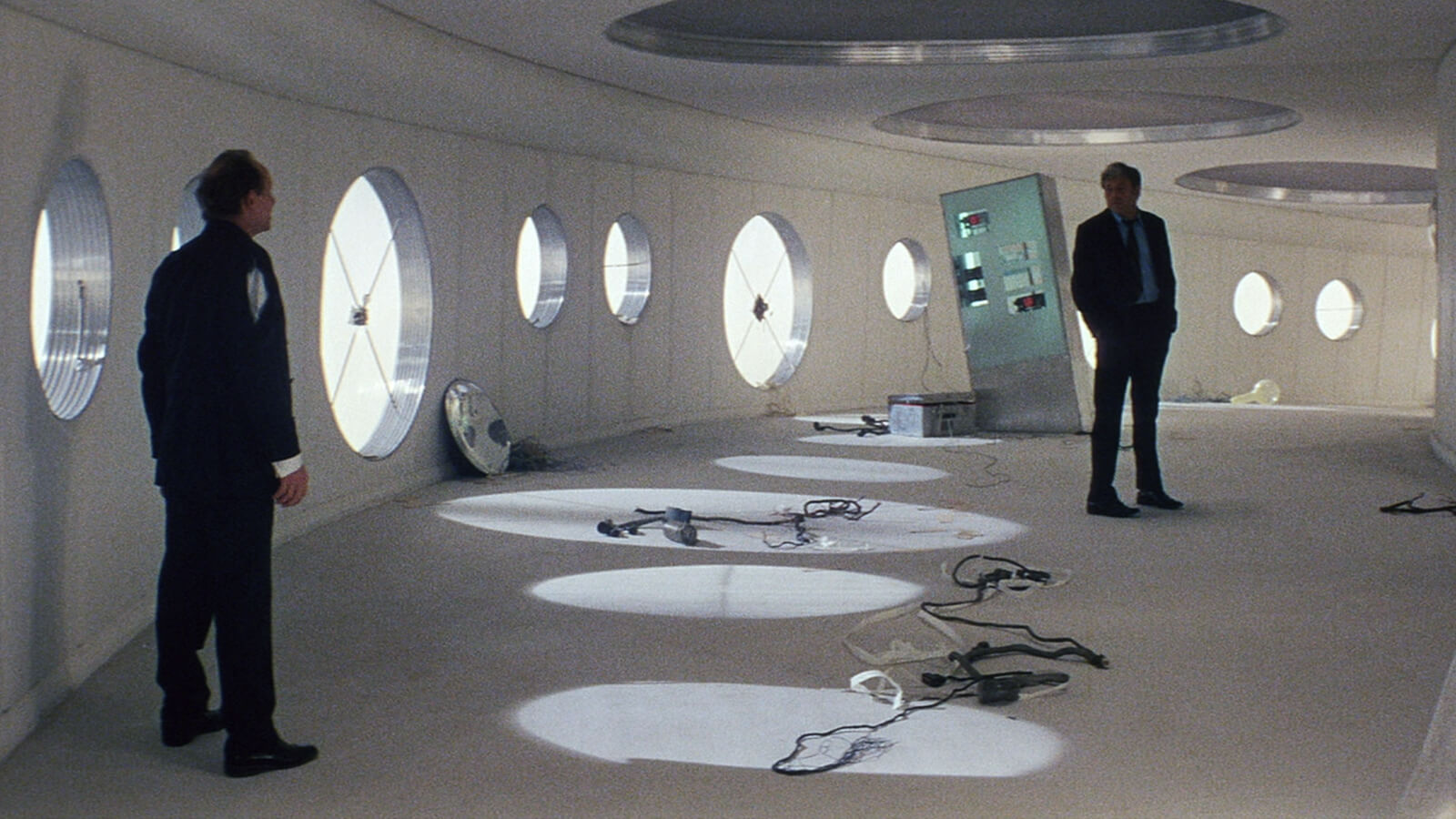
However, I cannot say that I like everything about the Soviet adaptation of Solaris. For example, the actor playing the main role, Donatas Banionis, got on my nerves quite a bit. His reactions to what happens in the film are so inadequate that at times it’s hard to bear. Additionally, his facial expressions in Solaris are as rich as Steven Seagal’s in The Glimmer Man. It’s possible that this stems from the director’s instructions – I haven’t seen any other films with this actor, so I can’t comment on his skills. However, the performances of the supporting characters – especially Sartorius Solonicyn and Juri Jarvet as Snaut – were much more convincing.
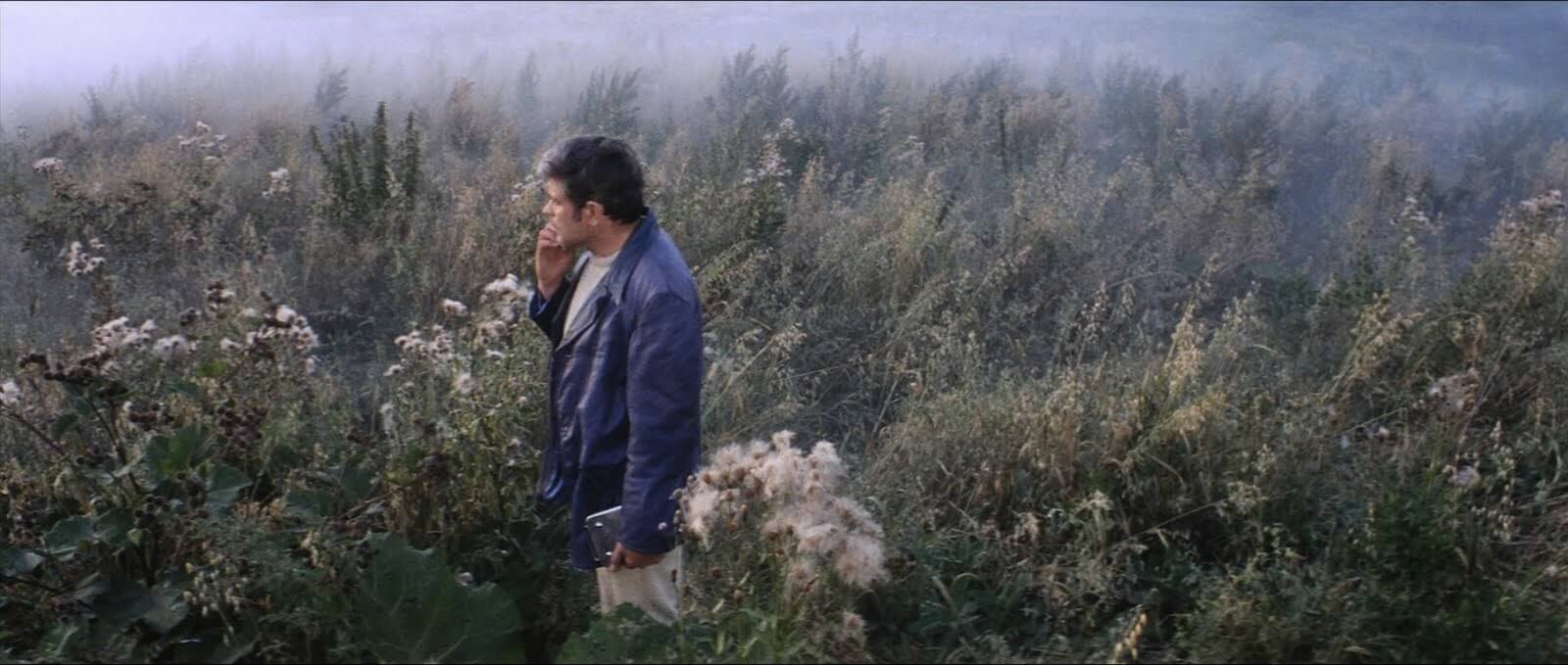
Although Lem was largely right in his criticisms, because Tarkovsky did indeed use his story to fulfill his own intentions and visions rather than the writer’s, I still consider Solaris to be an exceptionally successful film – perhaps this borders on heresy, but I definitely prefer it over Tarkovsky’s earlier productions – Ivan’s Childhood or Andrei Rublev. Once again, however, I must emphasize that in my opinion, Tarkovsky’s films reveal their true nature only when compared with the others – his work, in a sense, forms a series, and thus an integrated whole.
Words by Michal Bleja

